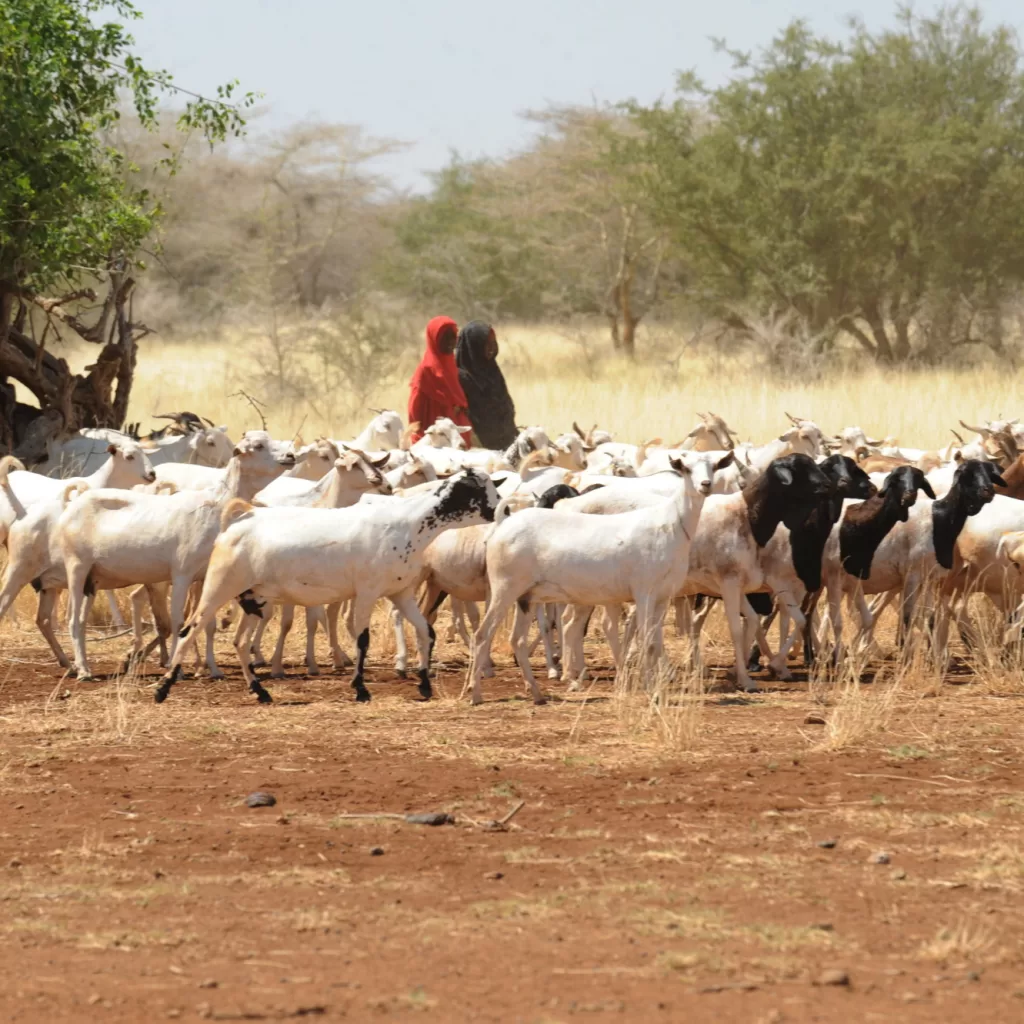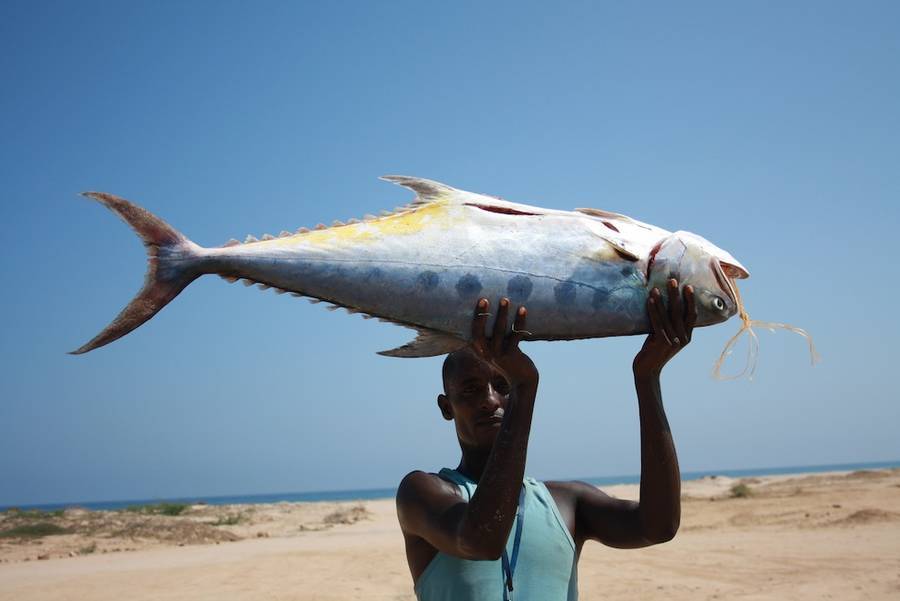WHAT WE DO
Water Resources Management for Agriculture
Somalia has two trans-boundary rivers (Juba and Shabelle) whose waters originate from the Ethiopian highlands. The waters of these rivers are critical to the country's irrigated agriculture. To enhance the country's institutional capacity towards managing its water resources for agriculture, ASAP plans to play a leadership role in the sustainable management of the country's water resources
Climate Change Adaptation Strategies
ASAP plans to lead the country's climate change research on climate change vulnerability assessment and adaptation strategies
Soil and Land Management
Sustainable management of soil and land resources is critical to sustainable management of agricultural and range lands. ASAP plans to lead research on soil and land management for crop production and livestock
Livestock
FAO estimated that Somalia has 13.9 million sheep, 13.2 million goats, 7.1 million camels, and 5.3 million cattle. Livestock is important to the livelihoods of the Somali rural population and is a major contributor to the Somali economy. ASAP plans to conduct research on ways to improve the productivity of the Somali livestock
Fishery
According to FAO, Somalia’s annual fish production potential is estimated at 835,000 tons. ASAP is committed to lead research, environmental protection, and management of Somalia’s fishery sector
Forest and Range
According to FAO statistics, the total forested area in Somalia was about 63,766,000 hectares in 2010. About 50 percent of the country's land area is rangeland. ASAP plans to conduct research on the sustainable management of Somalia’s forest resources
Environmental Protection and Management for Agriculture
Agriculture is the leading source that cause contamination of surface and groundwater resources. ASAP will lead the efforts to protect these valuable resources for future generations and will promote sustainable land and water management strategies that foster agriculture development
Capacity Development
Many of Somalia's workforce left the country, during the civil war and that caused a widespread brain drain condition. The country needs to establish higher education institutions that produce future scientists who will develop an innovative methods to improve Somalia’s agriculture. The association of Somali agricultural professionals promotes human capacity development efforts in agriculture in order to increase food production and enhance the livelihood of resource-constrained farmers
Technical Support For National and Regional Agricultural Research Centers
The 1991 civil war shattered the country’s agricultural research and extension service institutions. ASAP plans to take a leadership role in rebuilding the country’s research and extension institutions
Certifications
Certifications are part of ASAP's capacity development task. Certifications are intended to demonstrate the skills and proficiency levels of technical staff in specified areas of agriculture
Research/publications
Science-based research and dissemination of the findings through publications, conferences, and seminars are important components of human capacity development in agriculture. The organization is interested to jump start crop and water research by conducting studies that are critical to the advancement of Somali agriculture
Cropping Systems
Crop production systems encompass all factors of crop production such as crops, agronomic practices, plant protection, irrigation methods, and all other farm inputs. ASAP plans to be a leader in the country's crop production research
Agriculture Infrastructure Systems
Infrastructure has the potential to transform traditional subsistence agriculture into advancing farming system because it provides irrigation system, crop inputs, seed provision, electricity, rural roads, and access to markets. The association is committed to the strategies for increasing agricultural productivity through investment in rural infrastructure system
Agricultural and Applied Economics
The agricultural and applied economics task sub-committee conducts studies on the productivity of agricultural projects. ASAP plans to lead research activities in agricultural and applied economics
Agricultural and Applied Economics
The agricultural and applied economics task sub-committee conducts studies on the productivity of agricultural projects. ASAP plans to lead research activities in agricultural and applied economics
Curriculum Development
As part of the association’s human capacity development initiative, we will work with the universities that offer a degree in agriculture to assist in developing curriculum that reflects the needs of the country



